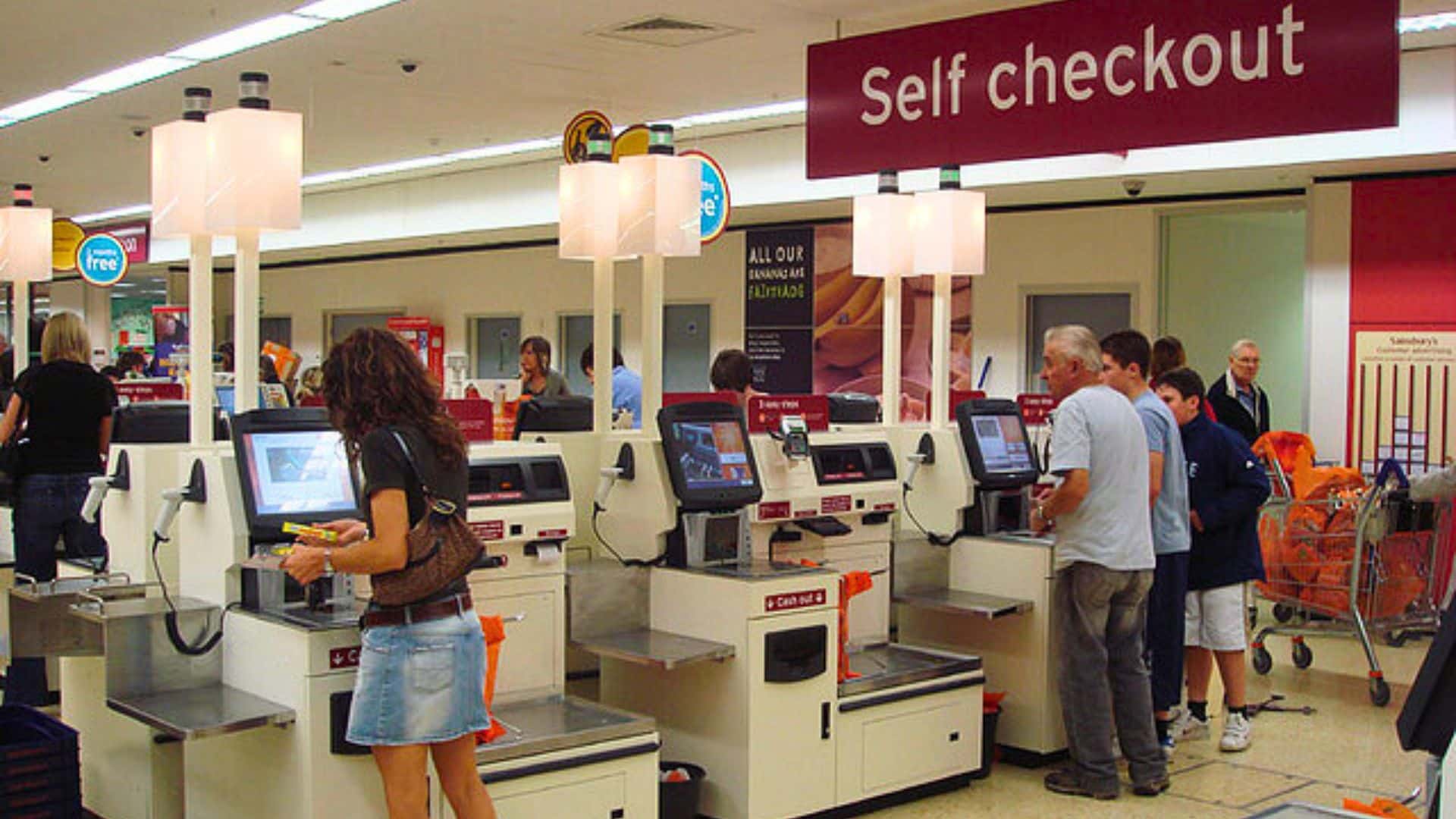
California lawmakers are reviving a debate over grocery self-checkouts with Senate Bill 442, introduced by Sen. Lola Smallwood-Cuevas (D–Los Angeles).
The bill, which builds on her earlier effort under SB 1446, would restrict how many self-checkout lanes a store can operate and require dedicated staff to oversee them.
Supporters argue it’s a matter of worker and consumer safety, while opponents warn it could raise food prices in a state already struggling with affordability.
What SB 442 Proposes
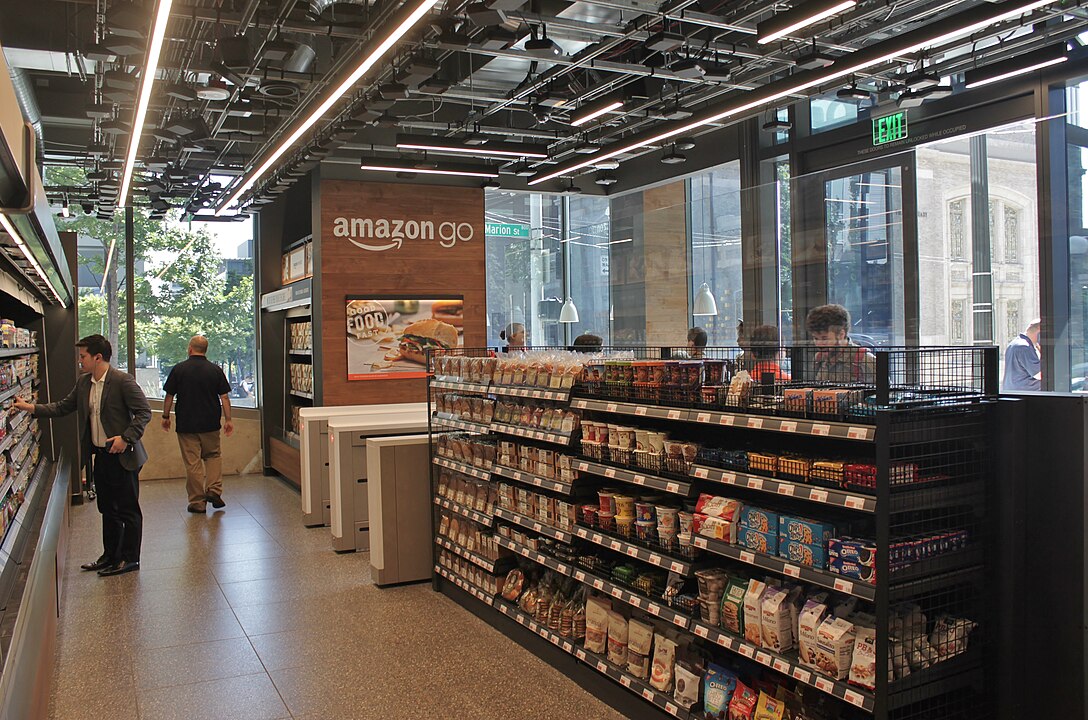
SB 442 requires grocery and retail stores to assign one employee for every two self-checkout machines and limits how many stations can operate at once. The idea is to make sure shoppers have help when issues arise and to curb misuse of the technology.
Compared to last year’s broader SB 1446, the updated bill narrows its focus to self-checkout safety while still aiming to reduce the risks associated with automation.
Why Labor Unions Are Pushing for It
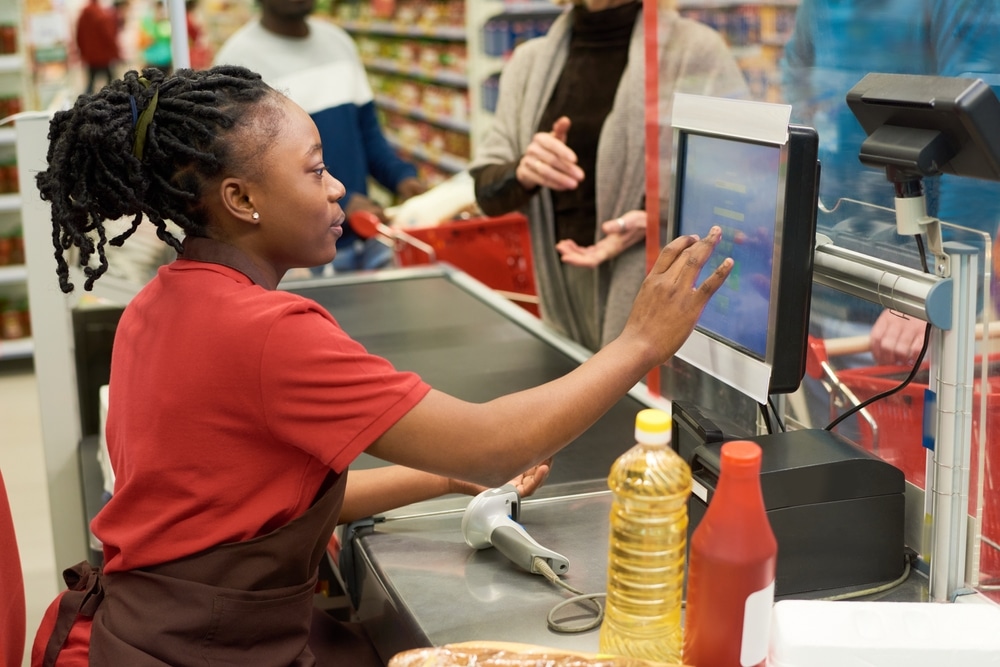
The United Food and Commercial Workers (UFCW) union has been a leading supporter, arguing that self-checkouts cut jobs and increase stress for workers. They say machines shift responsibilities onto shoppers while leaving employees to handle theft accusations or technical problems.
For unions, SB 442 represents a way to preserve frontline jobs and restore more stability to retail workplaces that have leaned heavily on automation in recent years.
Grocery Industry’s Warning on Price Hikes
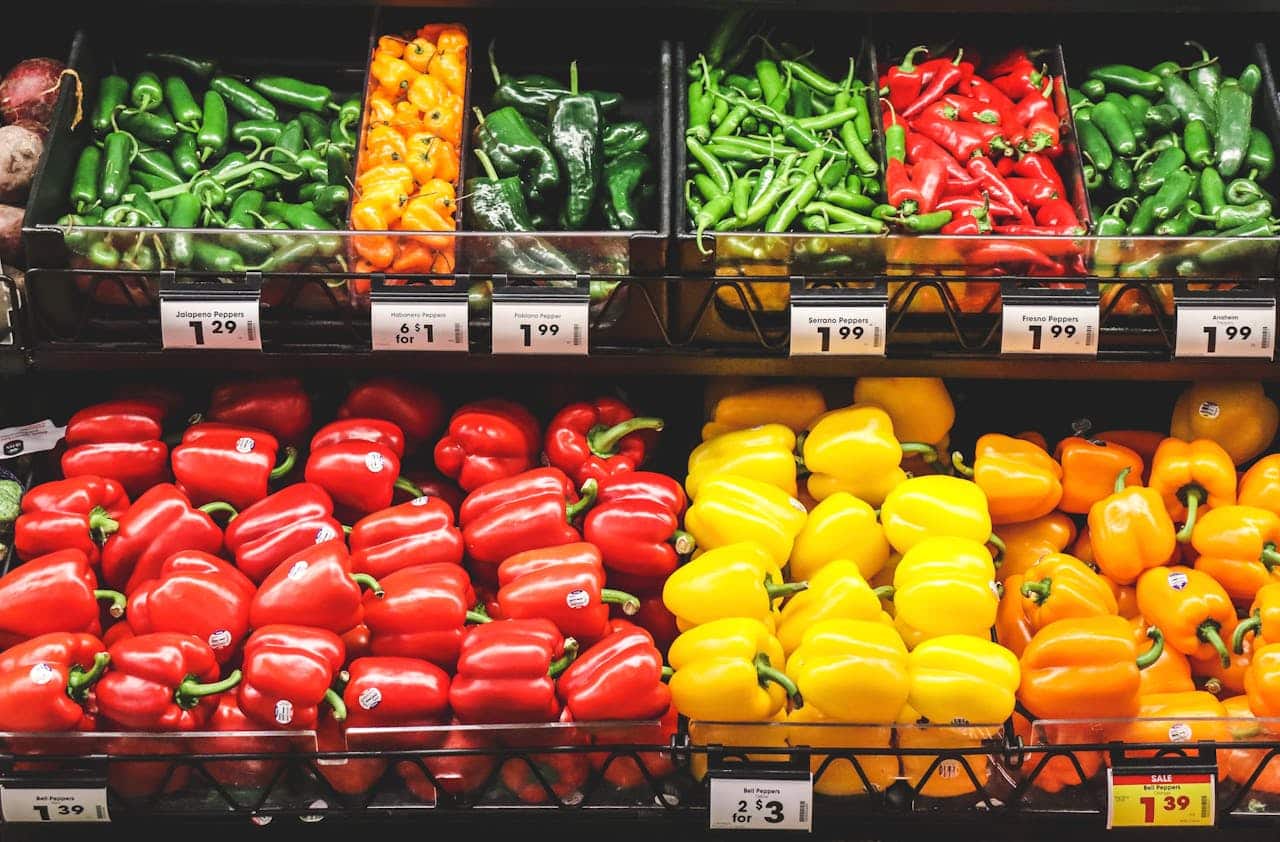
Grocery chains and the California Grocers Association (CGA) argue that the bill would drive up labor costs. Stores operate on slim margins, and additional staffing could translate to higher grocery prices.
With Californians already facing steep living expenses, industry leaders warn that consumers, especially low-income families, would be the ones to bear the financial burden if the bill passes.
Impact on California Shoppers

If SB 442 becomes law, shoppers could see fewer self-checkout options and potentially longer lines at staffed registers. For those who value quick, independent transactions, the shift might feel inconvenient. Add in the possibility of price increases, and critics fear the bill could push more consumers toward big-box chains or online delivery services, leaving smaller grocers at a disadvantage.
Rising Labor Costs Add Pressure

California already has some of the nation’s highest wage requirements. Fast-food workers now earn a $20 minimum wage, and health care wage hikes are also on the way.
Grocers argue that additional staffing mandates, as proposed in SB 442, would pile on more costs at a time when many stores are struggling to stay competitive. Smaller grocers in particular worry they won’t be able to absorb the expense without cutting services or raising prices.
Theft and Security Concerns at the Center
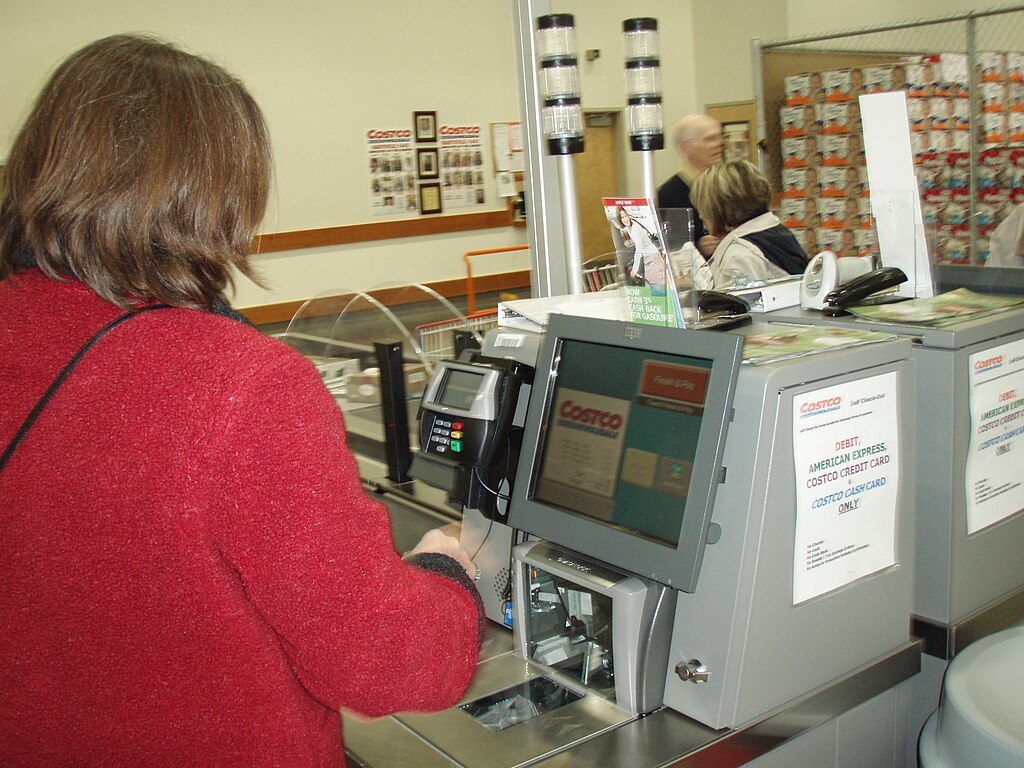
Supporters point to shoplifting and misuse as major reasons behind the bill. Self-checkout lanes have been linked to higher theft rates, whether through intentional misuse or honest scanning mistakes.
By requiring more staff oversight, SB 442 aims to reduce losses and make the checkout process safer for both employees and shoppers. Labor groups say this is about creating a more secure retail environment.
National and Global Trends on Self-Checkout
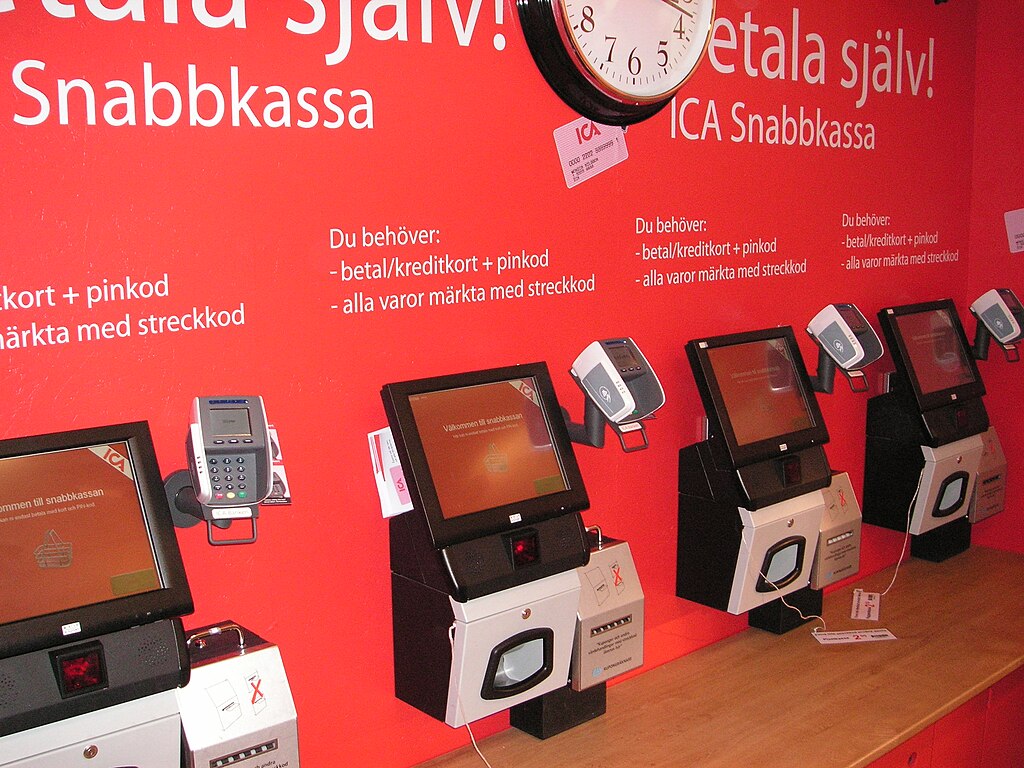
California’s move isn’t happening in isolation. Globally, stores are rethinking self-checkouts: the UK-based chain Booths removed most of its machines after complaints, and U.S. giants like Walmart and Target have scaled back or limited self-checkout to smaller purchases.
If SB 442 passes, California would be one of the first states to formally regulate self-checkout staffing, potentially setting a precedent for others.
What’s Next for the Bill
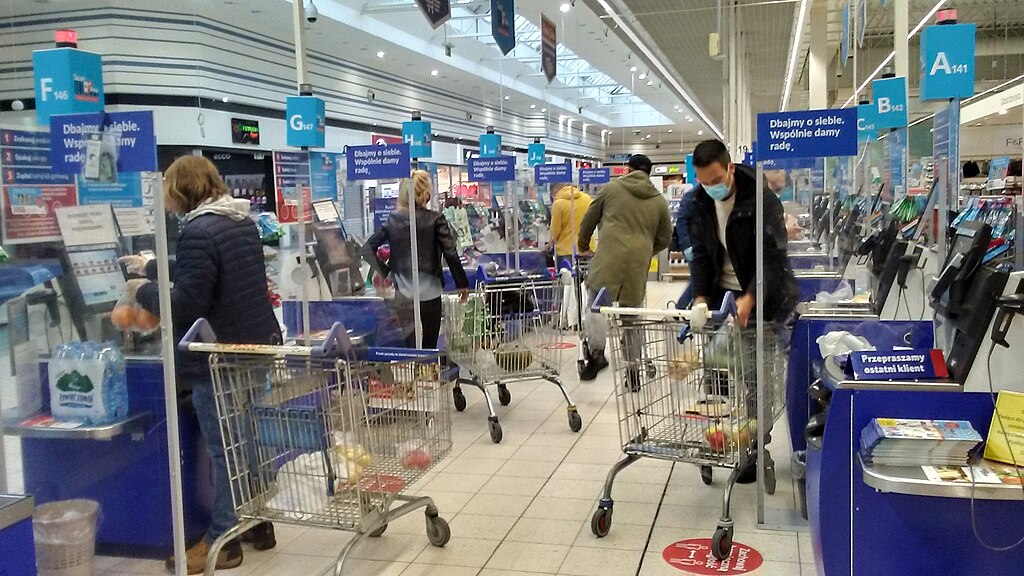
SB 442 is currently making its way through the legislative process and could see further amendments. With strong backing from labor unions and strong resistance from grocers, the outcome remains uncertain.
Lawmakers will have to weigh worker protections and safety against the risk of higher food costs and reduced consumer convenience. Californians will be watching closely, as the bill could directly affect both their wallets and their shopping routines.
A Balancing Act Between Safety and Affordability
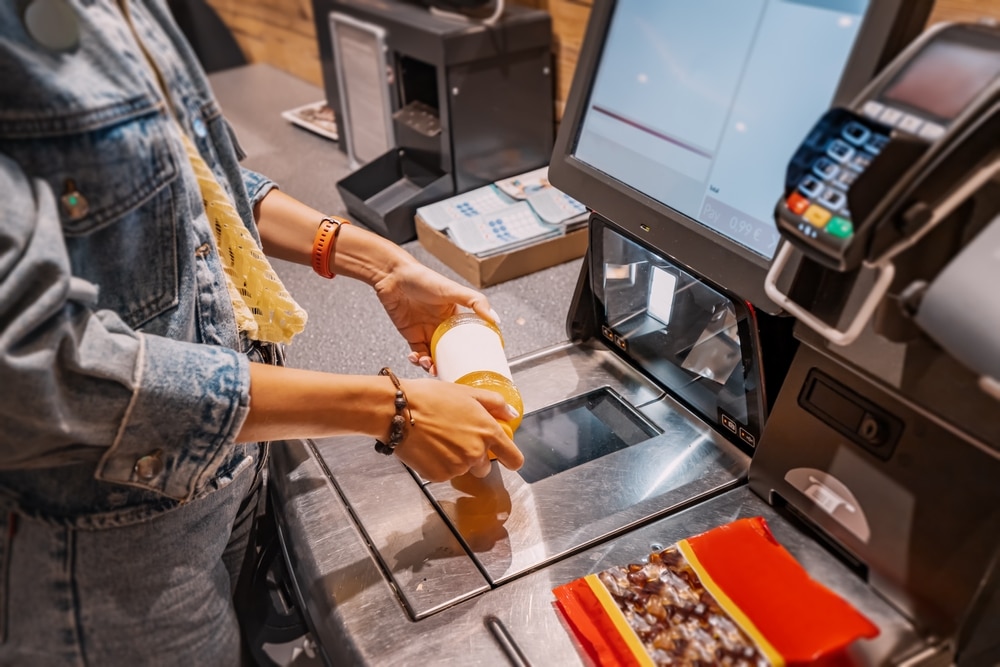
The self-checkout debate highlights California’s broader struggle to balance worker protections with the rising cost of living.
For Sen. Smallwood-Cuevas and labor unions, SB 442 is about protecting jobs and ensuring safety in retail stores. For grocers, it’s a costly mandate that could leave consumers paying more at the register.
Whether the bill advances or stalls, the conversation around automation, labor, and affordability isn’t going away anytime soon.
